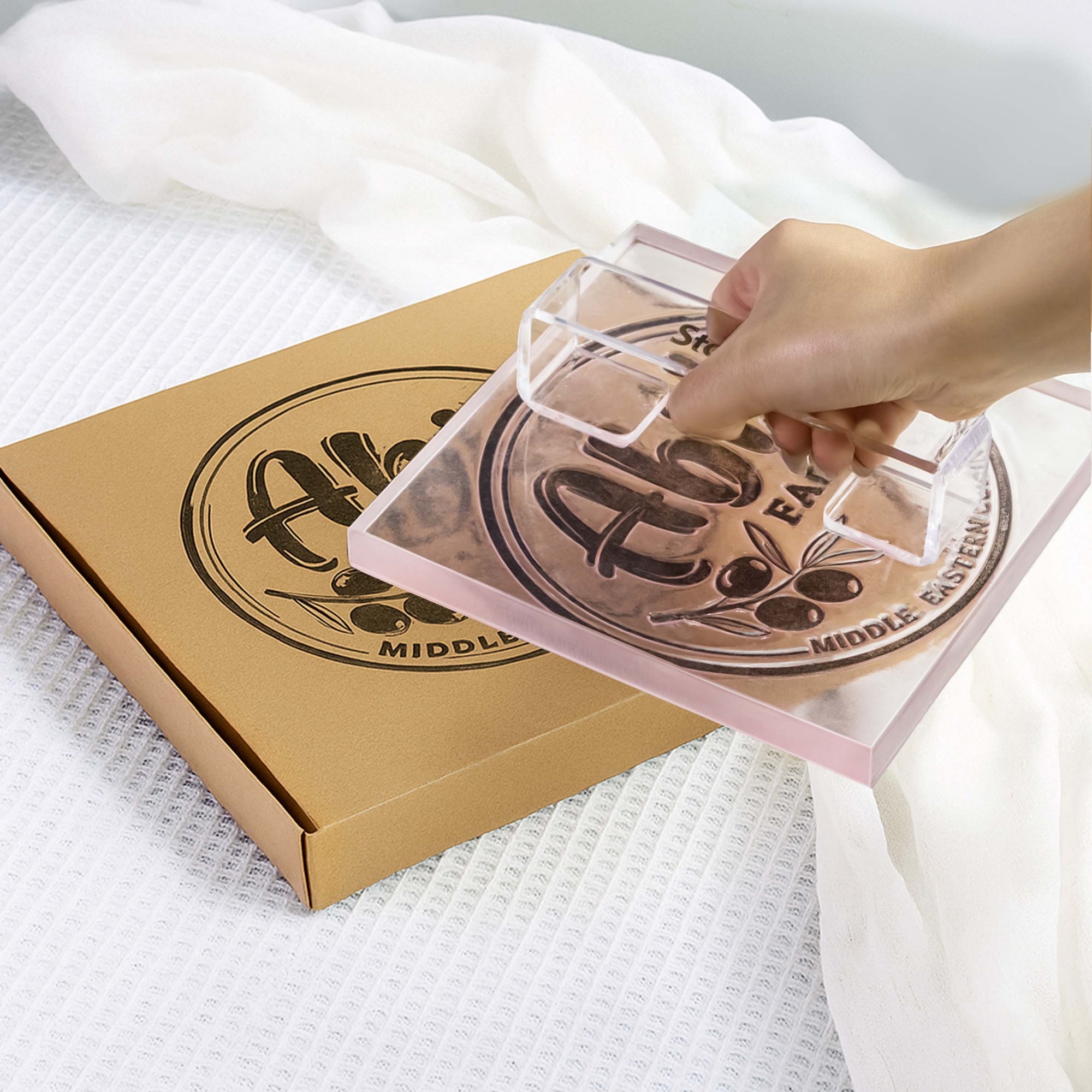Embosser Orientation
When choosing an embosser, you might focus on pattern design, die material, or precision—but don’t overlook orientation. Embosser orientation is crucial, as different types suit various scenarios.
This guide explores embosser orientation in depth, helping you select the right embosser and use it effectively.
What is Embosser Orientation?
Embosser Orientation refers to the Orientation of the pattern on the page during embossing, which is the way the pattern is presented. Simply put, Orientation determines from which Orientation the embossed pattern enters the page and at what angle it is displayed.
The Orientation of an embosser is usually divided into four types: top, bottom, left, and right.

Why does an embosser need to consider Orientation?
The Depth Limitation of Embossers
If you need to emboss deeper, consider a desktop embosser.

Adaptability to Usage Scenarios
In addition to the mechanical design limitations, the choice of Orientation is also influenced by the actual usage scenario. Different papers (such as documents, letters, cards, etc.) have different applicable Orientations.
For example, award certificates are often laid out horizontally, and the embossed badge or decoration needs to stay consistent with the Orientation of the text, so bottom Orientation is often the preferred choice.
Choosing the Correct Embosser Orientation that suits you
Embosser orientation depends on the usage scenario and design intent.
For example, certificates, envelopes, and documents typically use bottom orientation, as the pattern is often embossed at the bottom of the stationery. Books, contracts, and brochures suit right orientation, while letterheads and business cards work best with top orientation. Meanwhile, an artistic card might benefit from side orientation to ensure the embossing range covers the effective area.
Below are common choices for embosser orientation:
| Usage Scenario | Embosser Orientation |
|---|---|
| Certificates, Tickets, Documents | Bottom Orientation |
| Books, Packages, Official Use | Right Orientation |
| Letterhead, Name Cards | Top Orientation |
If you’re still struggling with choosing an Orientation? Feel free to tell Stamprints your needs, and we’ll solve it together!


